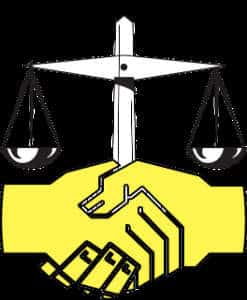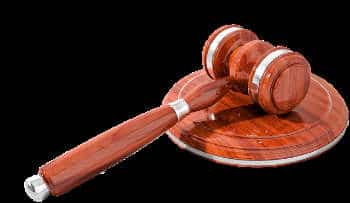How Are Slip And Fall Settlements Determined?
A settlement in a slip and fall case is usually not a number made up from thin air. When a lawyer works on a lawsuit settlement, they will usually use the same criteria that the courts would use to put together a personal injury award. There are several types of settlements that can be offered, and some settlements can even be a combination of many different options. The simplest way to understand how much your slip and fall settlement could be is to take a look at the different types of settlements used in each state.
Economic Damages
In every state, it is common to find economic damages (also known as compensatory damages) included in a personal injury settlement or award. Some states require that the amount of economic damages be decreased based on the plaintiff’s level of negligence, but these types of damages are easy to calculate. Economic damages include:
- Lost wages (current and future)
- Property damage
- Medical expenses (including rehabilitation)
You might find other economic damages added in other states, but this list is the common foundation throughout the country.
Punitive Damages
Punitive damages are normally awarded when the court feels that there has been intentional and gross negligence on the part of the defendant. This type of award is not common, and it is almost never included in a settlement drawn up by the defendant’s attorney. But if the case goes to court, then there is a chance that a judge will add punitive damages to the final award.
Special Compensatory Damages
Special compensatory damages go above and beyond the normal compensatory damages and are often applied to special cases such as wrongful death or medical malpractice. Some of the more common types of special compensatory damages include:
- Pain and suffering

- Funeral expenses
- Loss of affection
- Emotional distress
- Mental anguish
Most states have limits on how much can be awarded in special compensatory damages, and it is not uncommon for attorneys to include these types of damages in their settlement offers. The hope is that offering these damages as part of a settlement will prevent the case from going to court, but that is not always the outcome. Each state varies in how it calculates damages such as pain and suffering, but it is usually a function of the standard compensatory damages.
Incidental Expenses
When you are involved in a personal injury lawsuit, every expense you incur as a result of the incident is fair game. Incidental expenses are the expenses you compile while taking care of your injuries or preparing for your lawsuit. For example, if your injuries force you to drive to a medical facility hundreds of miles away, then gas and any other expenses you incur for the trip can be included as incidental expenses. It is important to note that your attorney has to be able to prove that the incidental expenses you are claiming are because of your slip and fall incident for them to be part of a settlement or court award.
A slip and fall accident can be a painful and possible life-changing event. If you are seriously injured, then you will incur medical expenses that should be the responsibility of the negligent party. If your life is altered by your slip and fall injury to the point where you are no longer to attend to your family or continue your career, then your compensation would be significantly larger.
Prior to going to court, most defendants will submit settlement offers that are an attempt to avoid taking the proceedings any further. A settlement is made up of many calculations, and it is important to consult with an experienced attorney to decide if you should accept a settlement or not.
